Happy Challahdays!
During the holiday season and throughout the year, Mac, AISD should be more aware of, sensitive to, the experience of non-Christian students
Holiday music concerts, like the band’s holiday concert in the Mac last Monday, should equally represent all cultures. Alongside Christmas favorites like “Sleigh Ride,” “Polar Express” and “Christmas Festival,” the band also played “Three Moods of Hanukkah.”
December 19, 2019
My fondest Christmas memory is my fourth-grade “holiday” concert.
After months of practicing Christmas songs, ranging from the lighthearted “Jingle Bell Rock” to the heavily religious “Oh! Holy Night,” I was feeling a little dispirited. In a courageous moment, I politely but firmly asked my choir teacher why our concert had absolutely no Hanukkah songs. A look of shock appeared on her face, and she immediately started apologizing. She told me that it was an innocent oversight. It was too late to add any songs to the concert; next year, she promised, the concert would be more inclusive.
Holiday music concerts should equally represent all cultures.
Flash forward a week later, our concert. Out of nowhere my choir director came up to me and told me that if I wanted to sing a Hanukkah song, I could. Shocked, excited and nervous, fourth grade me walked up to the stage with a microphone in hand. I opened my mouth and began to sing a beautiful Hebrew song.
For audience members, it was a moment of multiculturalism. For my choir director, it was an olive branch. But for any Jewish person in the audience, it had quite a different meaning.
The truth is, the song I sang that night, the “HaMotzi,” was not about Hanukkah. It wasn’t exactly about the holidays at all.
It was about bread.
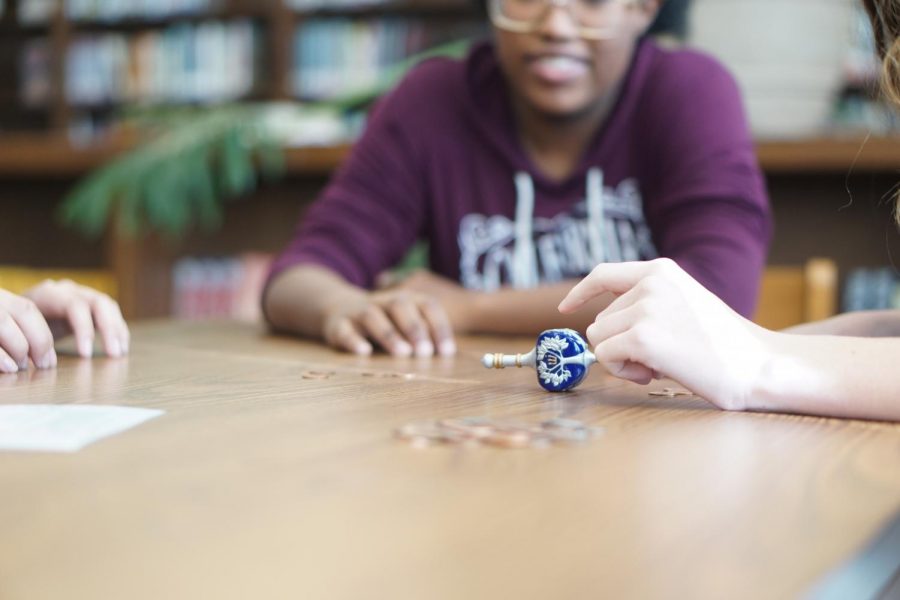
Students in the library play dreidel. Photo by Alysa Spiro.
Even though the song I sang had no correlation to Hanukkah, it still felt good to step on stage and represent a culture and religion typically overshadowed during the holidays.
Religious minority representation during the holidays exists, but it’s often an afterthought. A lone menorah standing in a classroom full of Christmas decorations or a “Christmas party” turned “holiday party” in deference to parents and students of non-Christian backgrounds.
The first step is acknowledging that small acts of Christmas culture that may be harmless in intent, are exclusionary in practice.
It’s important to understand that these acts aren’t fueled by animosity towards minority religions but simply acts guided by cultural and religious insensitivity.
Holiday music concerts should equally represent all cultures. The religious demographics of a school shouldn’t influence the religions represented at a holiday concert.
On a district level, AISD must be more sensitive to the experience of non-Christian students. The Jewish High Holidays, which are celebrated in September or October and are considered the holiest days of the Jewish year, yet they aren’t district holidays.
Often, teachers forget the Jewish holidays even exist and schedule tests and graded class discussions. Students feel pressure to come to school out of fear for getting behind in classes, while their Christian friends enjoy three blissful weeks without homework to celebrate a singular day.
To fix the problem of religious and cultural insensitivity, one must first acknowledge it. The first step is acknowledging that small acts of Christmas culture that may be harmless in intent, are exclusionary in practice.
This holiday season, I challenge students to take the time to explore different cultural traditions. Try listening to some Hebrew music, play spin the dreidel, try a latke.
Shalom, my friends!




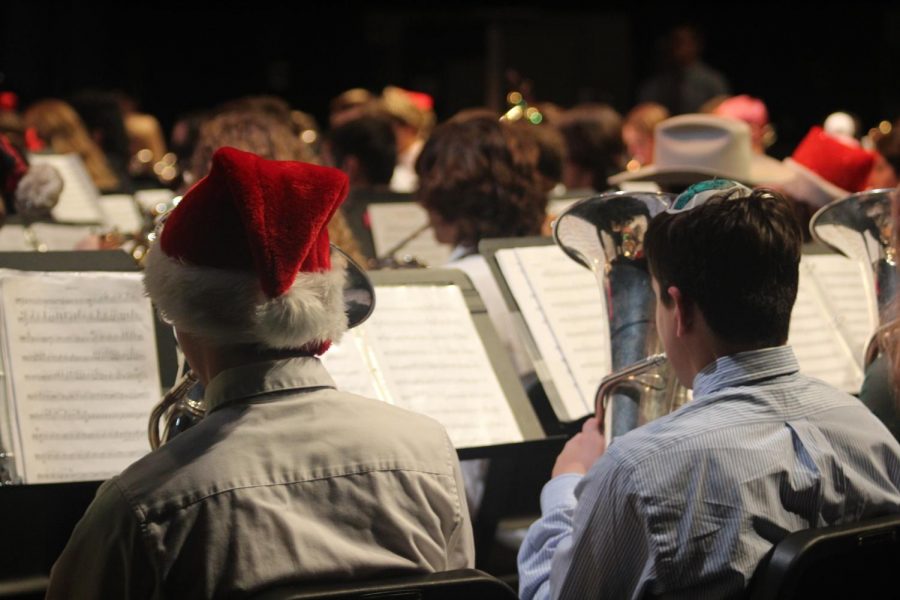

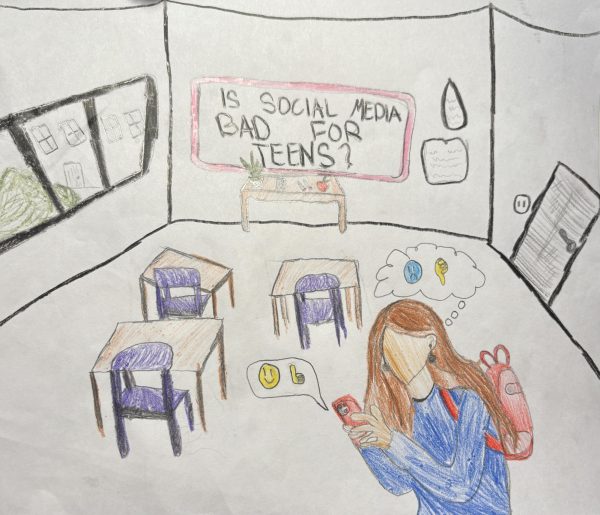



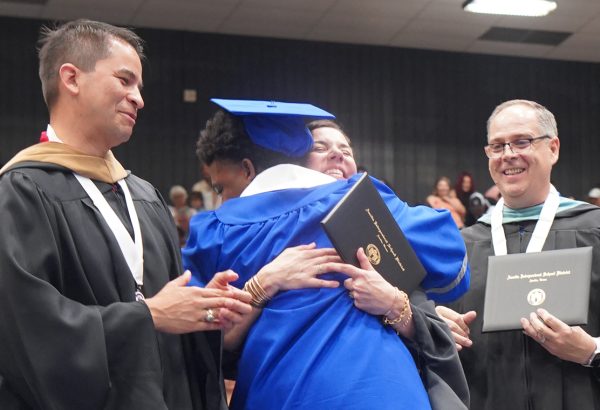
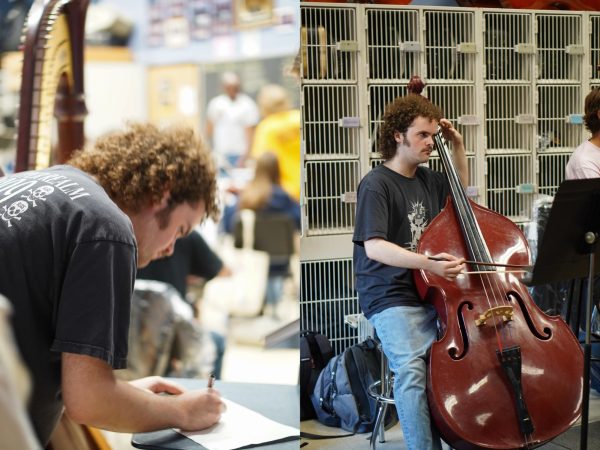
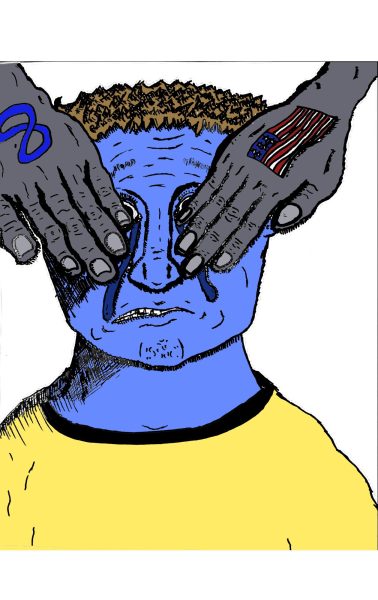
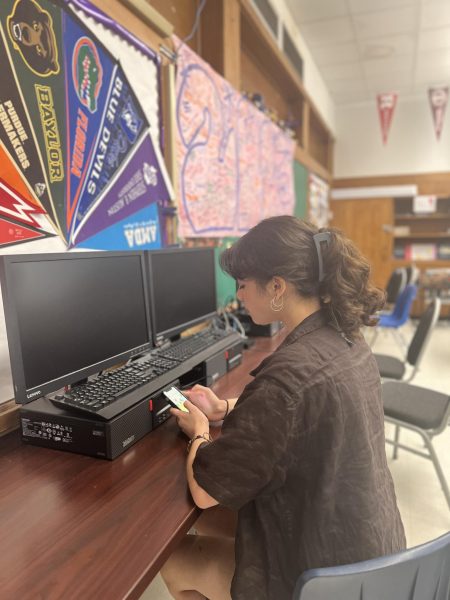
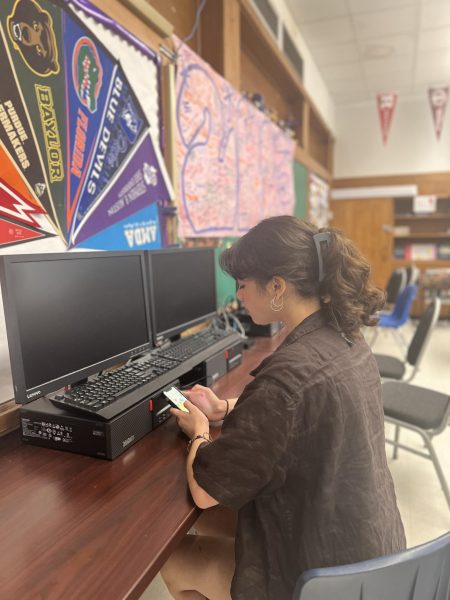
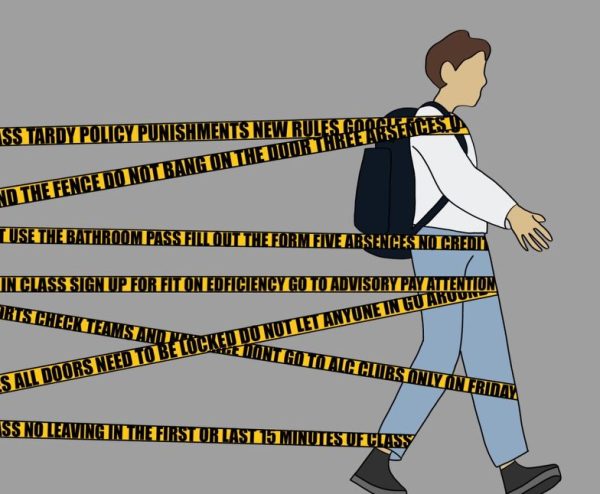

Debra Klevens • Jan 18, 2020 at 5:24 pm
I loved this story. IT took me back to my childhood and reminded me why I landed at an Orthodox Jewish elementary school. I too had the December Dilemma, Christmas song debacle. Thank you for writing this story to show the community there is more than just Christmas.
Lily Prather • Jan 10, 2020 at 10:56 am
I think that this story was really well put together. The intro of having a personal story drew me in to keep reading and I found it to have more emotion than if it wasn’t her real experience. It was a great way to lead into AISD and their policy too. The story was overall good and interesting to read.